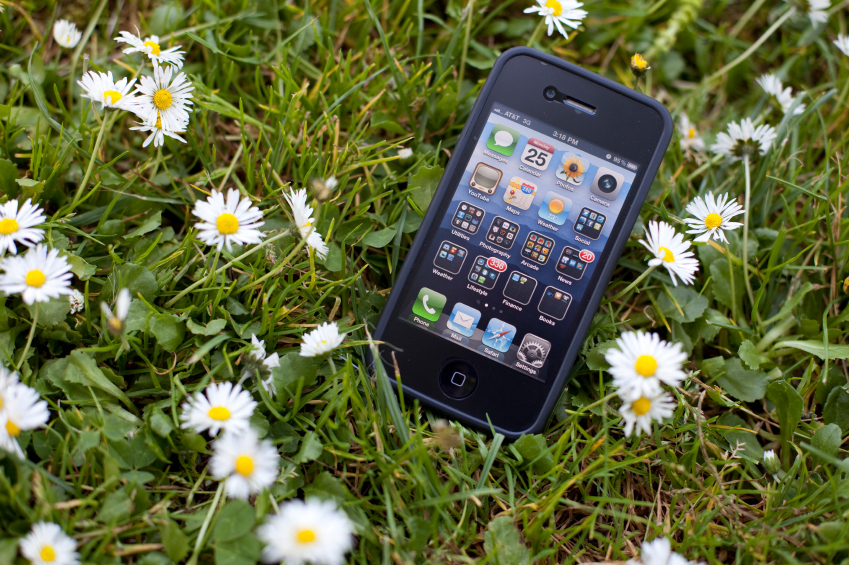Influenced by the discoveries of cognitive science, many of us will now accept that much of our mental life is unconscious. There are subliminal perceptions, implicit attitudes and beliefs, inferences that take place tacitly outside of our awareness, and much more.
The post Who’s in charge anyway? appeared first on OUPblog.
By Arturo Hernandez
Before I wrote my last blog entry, I got a Twitter account to start tracking reactions to that entry. I was surprised to see that people that I had never met favorited my post. Some even retweeted it. Within a day, I started to check my email to see if someone else had picked up on it. It felt so good to know that people that I had never met from all over the world were paying attention to me.
The addictiveness of Twitter is not specific to me. There have been articles about getting Justin Bieber to follow you as a form of addiction. But the problem is much more pervasive than that.
Many of the symptoms associated with cocaine addiction are popping up in people who are simply on the Internet. The toxic effects of cocaine addiction have been known for years. Studies find that rats will self-administer cocaine to the point of death over a period of time. The pharmacological effects are also well known; cocaine magnifies the effects of dopamine chemically. The interesting part is that Twitter, Facebook, and video games seem to have a similar effect as well. Thus, dopamine is part of a reward system.

Interestingly, dopamine is also known to play a role in the brain systems that are used to control our mental focus. Recent work has found that dopamine plays a role in the connection between the frontal areas that are involved in cognitive control and the posterior areas of the brain involved in processing incoming information from the senses.
And here, work in bilingual literature might have found an antidote to the plague of Internet addiction. Ellen Bialystok and her colleagues have found that bilinguals tend to be better at switching between tasks and at using inhibition — what researchers call cognitive control. Theoretical work by Stocco, Pratt and colleagues proposes that the use of two languages on a regular basis helps to strengthen the use of brain areas that are highly linked to dopamine. Many of the same frontal areas have been shown to be involved in control in bilinguals. Thus, it is logical to conclude that dopamine which leads to increased addiction may also be involved in giving bilinguals an edge in focusing. It is a classic U-shaped function where too little and too much are bad but somewhere in the middle is just right.
So what happens when a bilingual faces the onslaught of Internet addiction. Is s/he more resistant? I don’t know the ultimate answer to that question. But I was struck by how quickly the Twitter craze that had me checking my page every minute faded. Perhaps it is the four languages that I have learned that serve to protect me more and allow me to stop the urge to check my page again. Today, I am happy to report that I have written this blog entry with the understanding that any benefit will come long term. And I have my language learning history to thank for that.
But, please, favorite this; please, retweet it. Please, please, please!
Arturo Hernandez is currently Professor of Psychology and Director of the Developmental Cognitive Neuroscience graduate program at the University of Houston. He is the author of The Bilingual Brain. His major research interest is in the neural underpinnings of bilingual language processing and second language acquisition in children and adults. He has used a variety of neuroimaging methods as well as behavioral techniques to investigate these phenomena which have been published in a number of peer reviewed journal articles. His research is currently funded by a grant from the National Institutes of Child Health and Human Development. Read his previous blog posts and follow him on Twitter @DrAEHernandez.
Subscribe to the OUPblog via email or RSS.
Subscribe to only psychology articles on the OUPblog via email or RSS.
Image credit: Apple’s iPhone 4 with a busy home screen on the grass with chamomile flowers. © ZekaG via iStockphoto.
The post Dopamine, Twitter, and the bilingual brain appeared first on OUPblog.




